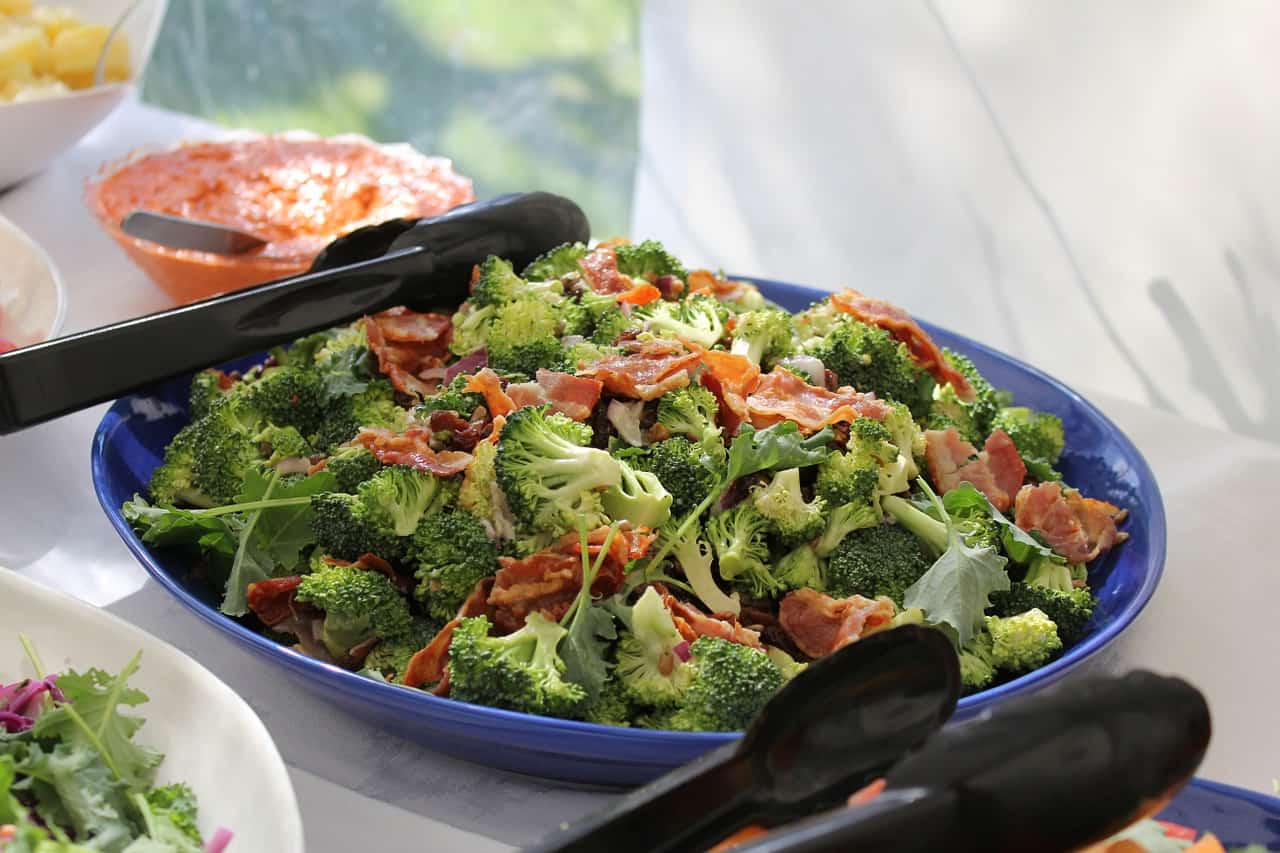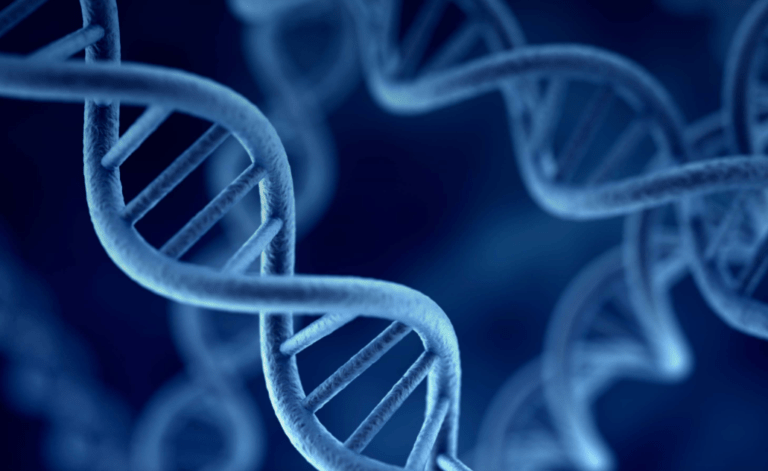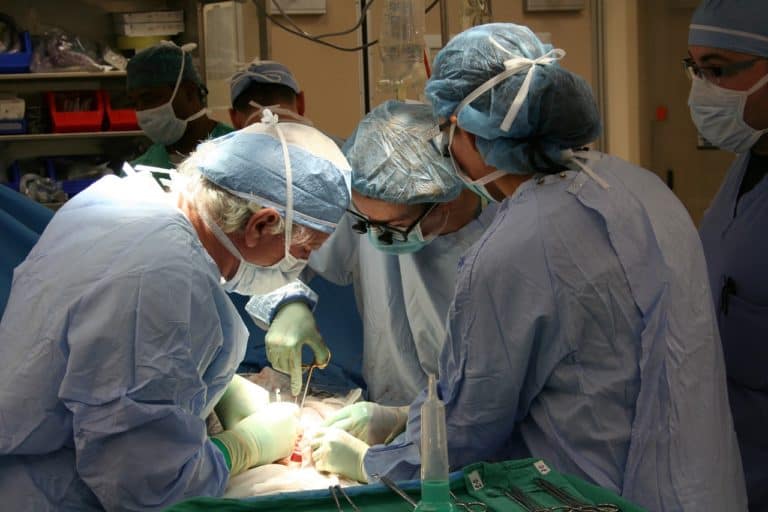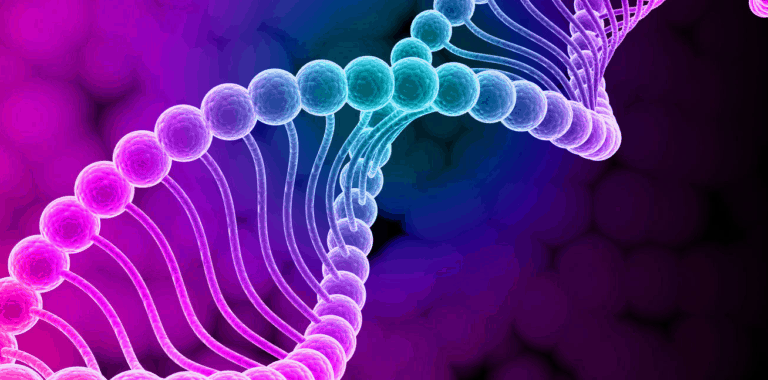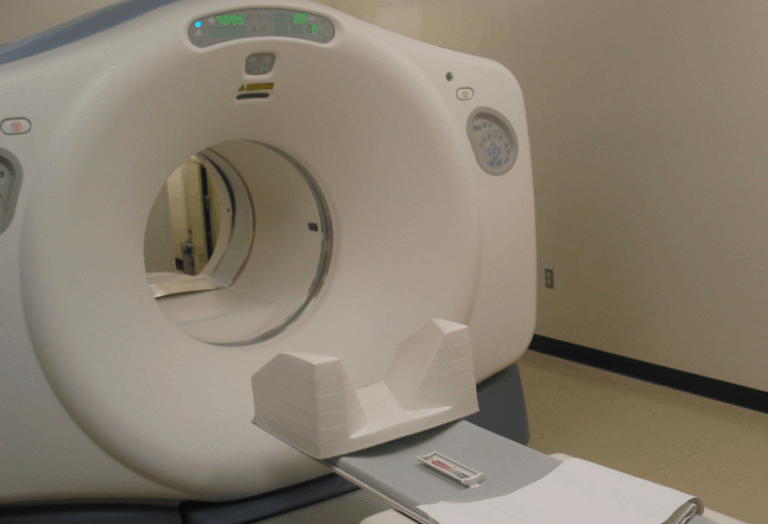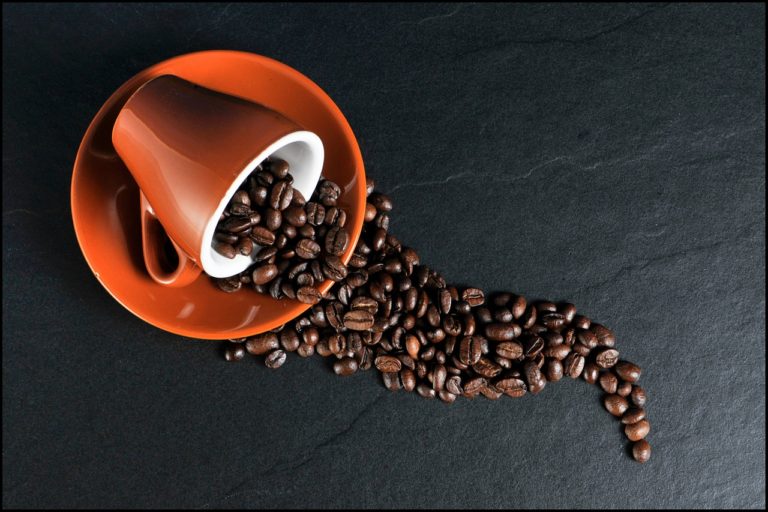If previous studies have not convinced you to eat broccoli, which contains the prostate cancer-fighting compound sulforaphane, hopefully a discovery by researchers at the Linus Pauling Institute at Oregon State University will provide some persuasion. Investigators report that in addition to suppressing histone deacetylases (HDACs), sulforaphane also helps restore balance to DNA methylation, and these two activities are important for combating prostate cancer.
HDACs are enzymes that can interfere with the normal function of genes that suppress tumors. Sulforaphane is an HDAC inhibitor that can help restore balance and prevent cancer from developing. DNA methylation is a natural process that involves turning off genes and their activities, which in turn helps control what DNA material is read by the cells. Cancer disrupts that process, while sulforaphane helps restore balance.
According to Emily Ho, an associate professor in the Linus Pauling Institute and the OSU College of Public Health and Human Sciences, “It appears that DNA methylation and HDAC inhibition, both of which can be influenced by sulforaphane, work in concert with each other to maintain proper cell function.” Ho and her team mainly studied the impact of sulforaphane on prostate cancer cells, but they believe the benefits will be seen in fighting other cancers as well, including breast and colon cancer.
Broccoli and other veggies fight prostate cancer
Broccoli and other cruciferous vegetables, such as cabbage, cauliflower, Brussel sprouts, and kale, among others, also contain the chemical indole-3-carbinol (I3C), a phytonutrient that is a precursor to diindolylmethane (DIM), another indole and phytonutrient. Together, I3C and DIM promote metabolism of estrogen, a cancer-promoting hormone, into a safer version.
Two more cancer-fighting compounds, lutein and zeaxanthin, are found in cruciferous vegetables as well. Lutein, for example, has demonstrated activity against prostate cancer and colon cancer. Be sure to include broccoli and other cruciferous vegetables as a regular part of a cancer prevention diet.
Read more in our Prostate Cancer Health Center.
References
Gunasekera RS et al. Lycopene and lutein inhibit proliferation in rat prostate carcinoma cells. Nutr Cancer 2007; 58(2): 171-77.
Hsu A et al. Promoter de-methylation of cyclin D2 by sulforaphane in prostate cancer cells. Clinical Epigenetics 2011; 3:3
Lu QY et al. Inhibition of prostate cancer cell growth by an avocado extract: role of lipid-soluble bioactive substances. J Nutr Biochem 2005 Jan; 16(1): 23-30
Reynoso-Camacho R et al. Dietary supplementation of lutein reduces colon carcinogenesis in DMH-treated rats by modulating K-ras, PKB, and β-catenin proteins. Nutr Cancer 2011; 63(1): 39-45

